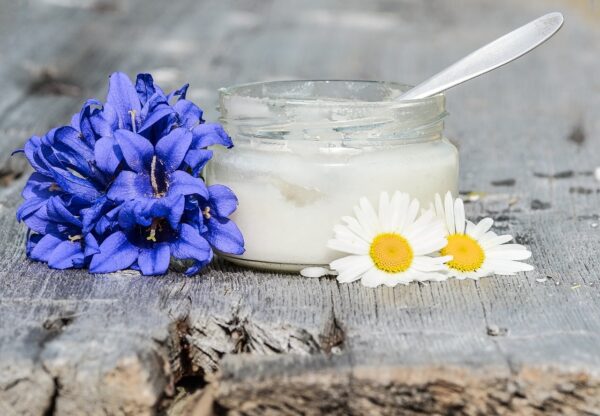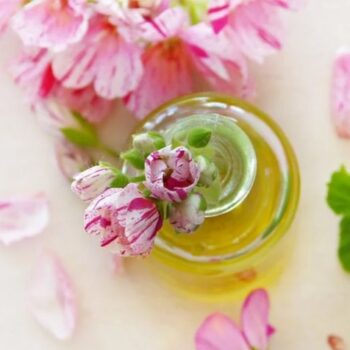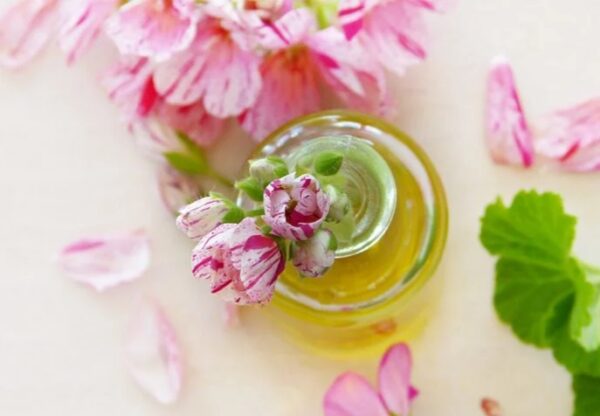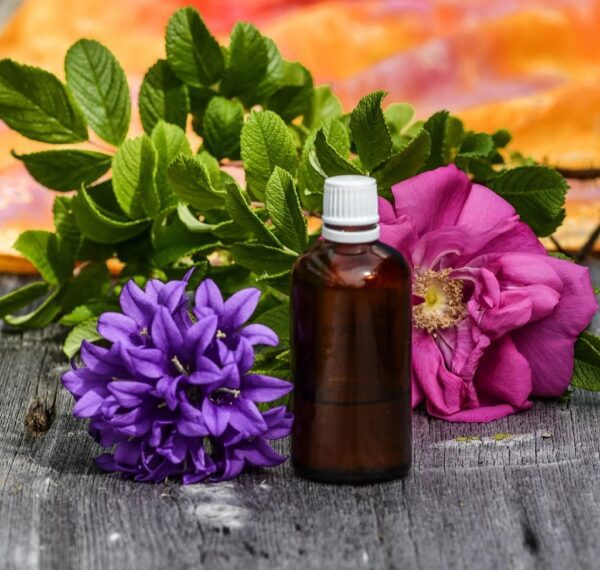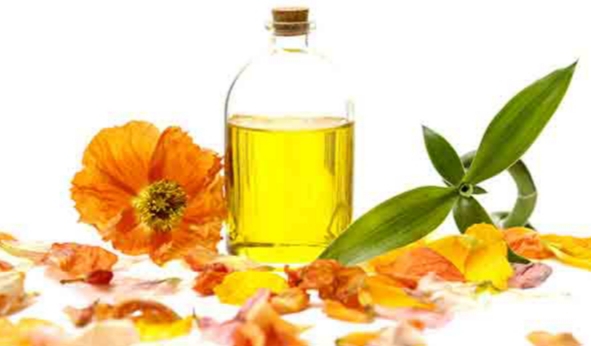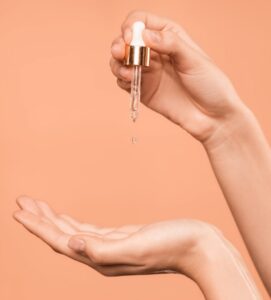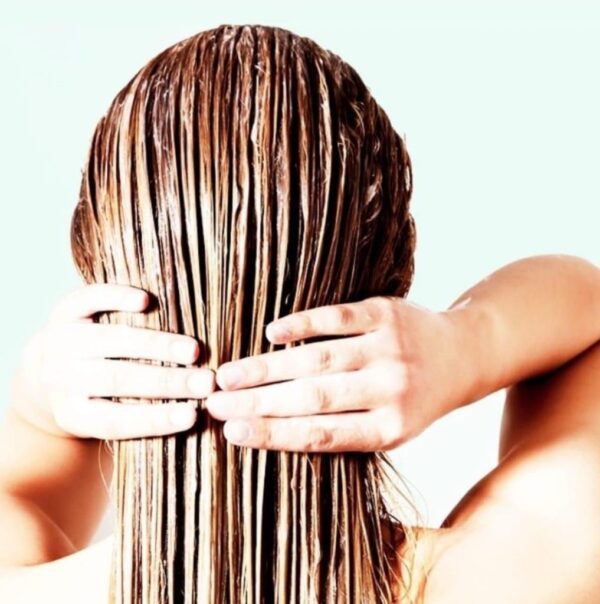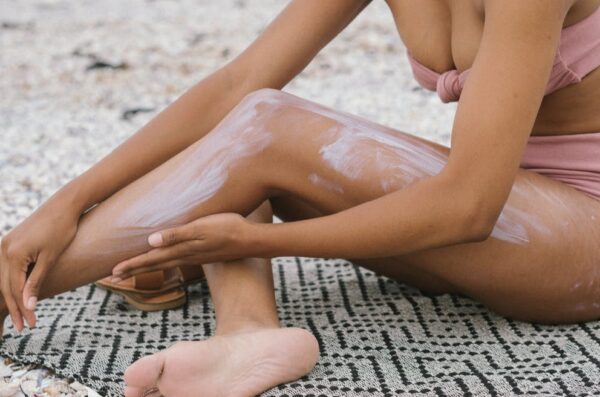7 Surprising Daily Beauty Benefits of Coconut Oil
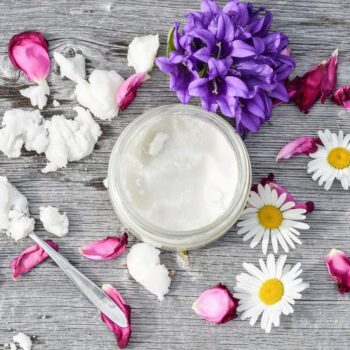
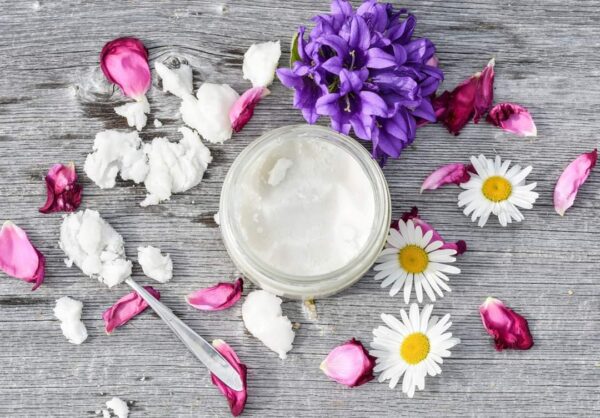
Natural Beauty
If there’s ever been a natural beauty cure-all, it’s coconut oil. This centuries old beauty staple boasts an abundance of benefits while maintaining a long shelf life due to its natural antibacterial properties.
Coconut oil is best known for its ability to make skin feel irresistibly hydrated and all-around radiant. This is because it’s rich in Vitamin E and medium-chain fatty acids. MCT’s help retain the moisture content of your skin keeping it looking and feeling silky smooth. Both MCT’s and Vitamin E are essential nutrients for healthy skin growth, repair, and the prevention of premature aging.
Coconut oil is an indispensable multitasker and there are endless ways to incorporate this natural elixir into your beauty routine. Body moisturizer, eye makeup remover, hair mask, and teeth whitener are just a few of my personal favs!
Skin Deep
As with anything you apply to your skin, quality is key. Low-quality coconut oil is highly processed and potentially laden with contaminates. These impurities can lead to breakouts and other skin irritations.
Remember, your skin is your body’s largest organ so what you put on it, get’s absorbed in it. So make sure to use 100% pure, organic, cold-pressed, extra virgin coconut oil when possible.
Did you know that coconut oil is also an effective anti-aging moisturizer for your neck and décolletage? When absorbed into your skin, it helps to reduce the appearance of fine lines and wrinkles by keeping the connective tissues strong and supple. It also helps exfoliate the outer layer of dead skin cells, making your skin smoother and softer – while looking more youthful and radiant!
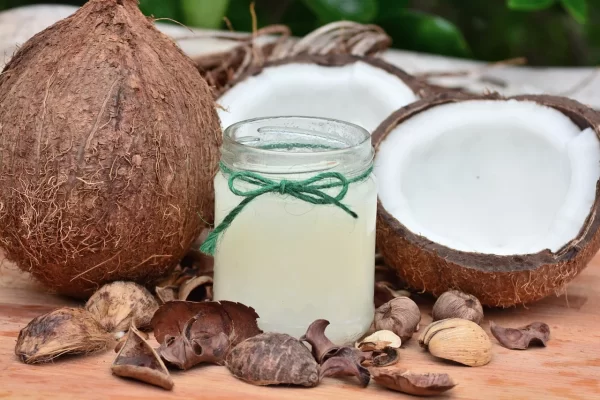
7 Surprising Daily Beauty Benefits Of Coconut Oil
1. Hair Mask/Pre-Shampoo Treatment
Saturate hair and twist up into a bun for at least 30 minutes prior to washing. Can also be left on overnight for a more intensive treatment. Shampoo, condition, and style as usual for healthier, smoother strands!
2. Swimming Hair Protectant
Swimming in chlorine pools and saltwater can dry out and damage your hair. Saturating your hair in coconut oil forms a protective layer to help prevent the salt and chlorine from damaging the cuticle.
Simply apply coconut oil to your hair and twist up in a bun or braid like with the hair mask and it will help protect your hair from being stripped while swimming.
3. Post Shave & In-Shower Moisturizer
Apply coconut oil in the shower while your skin is still wet to help seal in moisture without feeling greasy. This works especially well post-shave to help soothe and soften your skin.
You can also add a couple drops of coconut oil to your favorite body lotion to get that J. Lo Glow- naturally!
4. Oil Pulling For Whiter Teeth & Fresher Breath.
Oil pulling is an ancient Indian remedy that claims to whiten your teeth, freshen your breath, and greatly improve your overall oral health. Oil pulling reduces the amount of harmful bacteria in the mouth by ‘pulling’ out impurities.
How To Oil Pull: Spoon out about a tablespoon of coconut oil and swish it around your mouth like mouthwash for a minimum of 30 seconds and up to 10 minutes. Make sure to spit out the oil and discard when finished. Then brush your teeth after making sure to rinse your mouth thoroughly.
5. Sunburn Reliever
Hands down, coconut oil is by far the most effective sunburn reliever I have ever tried – even better than Aloe! And I live in Florida where it’s not a matter of if, but when your best sunscreen intentions will fail you on a sunny afternoon.
So next time you end up a little more roasted than expected, start slathering your singed skin with coconut oil daily. It will help relieve the discomfort and sensitivity while healing much quicker than without.
6. Cellulite Reduction
Coconut oil combined with dry brushing is one of the most popular natural methods for reducing the appearance of cellulite. This technique works best after a hot shower while your pores are still open.
Start at your ankles and begin dry brushing up your legs using small upward strokes towards your heart. Next, massage in coconut oil while paying special attention to areas where cellulite is a concern. I put this method to the test and performed it about twice a week for 6 months and I definitely see a difference in the tone, smoothness, and overall health of the skin on my thighs!
7. Eye Makeup Remover
Coconut oil is a gentle and effective way to break down and remove makeup, including the stubborn waterproof versions! However, steer clear of this method if you have eyelash extensions because the oil can break down the lash adhesive.
Simply apply a small amount of coconut oil to a cotton pad or your fingertips and gently massage around your eyes to dissolve the makeup. Then wash your face as usual with your favorite cleanser right after.
